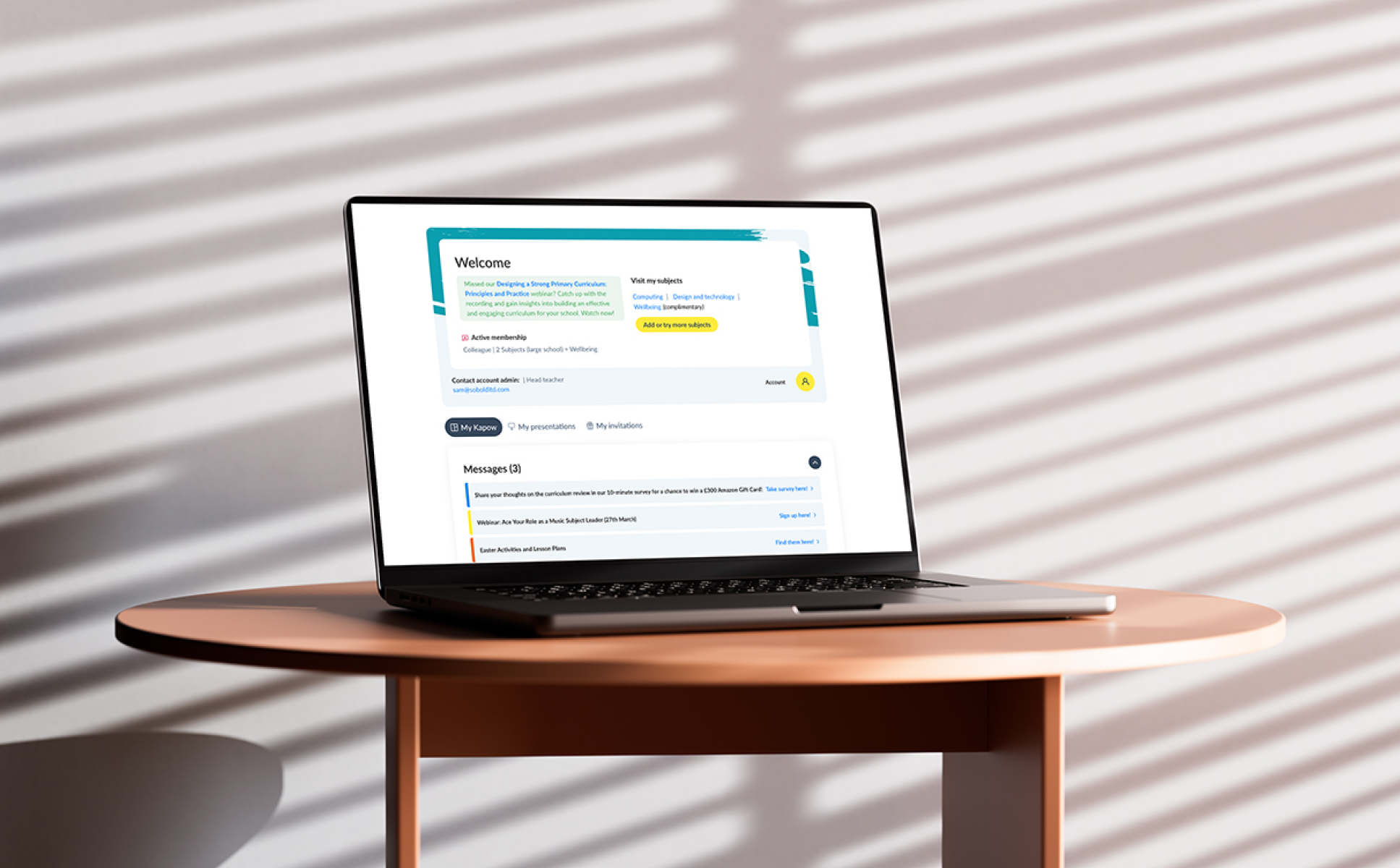The end-to-end process of web design is made up of a number of different phases that should all inform and complement each other.
When working with a web design and development agency, they should use their expertise and experience to guide you through this process, which consists of:
- In-depth research and careful planning
- Visual exploration and mood boards
- User experience (UX) design
- User interface (UI) design.
Once you’ve completed each of those phases and you have a design that you’re proud of, your agency partner will be tasked with preparing your website for development.
This article will explain the process of preparing a website for development, helping you understand what’s involved, what to expect, and how to approach it.
Designing Your Website Across Different Break-Points
In a recent article, we explained how the purpose of your UX is to help your visitors complete a task or process on your website as easily as possible, ultimately leading them to follow a call-to-action.
Your UX is brought to life by your UI, which includes all the visual and interactive elements of your website, from colour and font to buttons and scrolling.
Towards the end of the UI design phase, the next step will be to roll out your designs across a number of break-points.
Break-points are the screen sizes of devices that your design will fit within. This allows your website to be designed as responsive and optimised for use across a wide range of different devices and channels.
This is important because certain aspects of your site may not translate down perfectly across different screen sizes.
Here at SoBold, we design sites across the following break-points, but this may vary from agency to agency:
- 1,920px – For most external computer monitor sizes
- 1,366px – For most laptop screen sizes
- 992px – For most Notebook and iPad devices
- 768px – For most other tablet devices
- 375px – For most smartphones.
If you want your website to be designed as mobile-first, it’s important to raise it at the beginning of the project so your agency can create your wireframes in that context. However, you should only ever make that decision based on real data regarding your target audience’s preferences.
In this case, your agency should work with you to conduct some additional research and determine the best screen size for your particular audience. This will ensure the UX designers work with the right starting point for your high-fidelity wireframes.
A Thorough Hand-Over from Design to Development
This phase of a website project involves a process that takes a lot of careful work and close collaboration between the different teams within an agency.
Here at SoBold, we make a point to ensure the design team talks the development team through all the work they’ve done on your mood boards, UX design, and UI design in detail. This includes explaining the decision making process behind everything they’ve designed.
While a lot of agencies will just hand the designs to the developers and ask them to start building, we believe this is something that should be treated as more of a team effort. Doing so as a core part of our process has proven to add tremendous value to the work our clients have received in recent years.
It’s beneficial to the overall project for the developers to fully understand why the decisions have been made about the designs. It’s also important that they’re given a detailed run through of what they’re building within the context of the whole site.
For example, there may be a fairly complex block which is built early on in the development process. If the developers are made aware that slight variations of this same block will be used several times throughout the site, they can save valuable time and work more efficiently by repurposing the first block when it’s first built.
This hand-over is crucial in ensuring the development process runs smoothly, providing you with a high-performance website that meets your expectations, delivered on time and within budget.
A Well Designed Website Ready to Be Built
After the hand-over is complete, your agency will be able to export all your design assets and the developers will begin building your website.
While web design may seem straightforward when explained like this, in reality it’s a complex process that requires a great deal of specialist skills and expertise. That’s why it’s so important to have the support of an agency partner you can trust and rely on to guide you.
Working with a talented agency will ensure you’re able to create a unique design that will resonate with your target audience and help you achieve your strategic business goals through your new website.
Keep an eye out for our upcoming blog series where we’ll walk you step-by-step through the web development process, making it far more approachable and easy to manage for you.
If you’d like to discover how generative AI technology is transforming the web design and development space, read our recent article here.






